Imagine you want to transform your dull yard into a gardener’s masterpiece. You don’t have the skills, so you have to find the expert that can help you. That gardener you hire has two things to pull from to create your beautiful yard: her experience, and her tools. Both are extremely valuable, but the use of the tools is only informed by the experienced hand using them. A brand new shovel is not going to make this master gardener any more special than the DIY gardener down the street.
Like the gardener, firm owners are craftsmen too. They bring all financial processes, and financial reporting into alignment for their own firm, as well as the confused and disorganized business owner. In a sense, they are transforming the landscape of businesses with their experience and choice of tools. But many firm owners are confused by their role in choosing tools for themselves and their clients. Many chase the shiniest new tool, and completely ignore their experience.
3 Important Facts About Your Tools
- Belief. The cloud-based software tools you use as a firm owner were built by someone with a particular belief of how they should be used. Take a workflow product for example. To build a workflow product for an accounting firm, the developers have to first believe they know how an accounting firm should work. Then, with that understanding, they build a workflow product and tell the firm owner how to use it in their firm. So it’s important to understand that all tools you use have been built by a company that believes you should use them in a particular way.
- Adaptation. We know that not all firms are the same, and thus, not all software tools are going to be right for every firm. This is why you have side spreadsheets that are helping you adapt that tool to your firm’s own particular processes. This is called a hack. You are hacking the original tool the software developer built to make it fit your very specific needs. Don’t feel bad about this – it’s a necessary evil in a world of entrepreneurial firms with imperfect tools that can’t be right for everyone.
- Conformity. Perhaps the other side of the hack is the requirement for a firm to conform to how a software tool is telling you to use it. You can’t fully hack a piece of software to meet your firm’s needs, so you often have to conform to how the software requires you to use it. Tweak your processes to bend to the requirements of the software, and you’ll be a little bit happier instead of fighting a piece of software that isn’t doing what you want it to do.
Importance of Experience
Tools are one thing, but your experience in applying those tools to a business model is another. And I believe your tools don’t set you apart as a valuable consultant to your clients – your experience does. How to use the tools, when to use the tools, when not to use the tools, and when to go manual are all ideas you have to rely on as you implement tools in your firm or your clients’ businesses.
3 Important Aspects of Using Your Experience
- Disruption. For a firm or client, there is always a level of disruption the company will feel when new tools are being used in a company. You have to consider this before committing to the use of those tools. Rely on your experience to know when you should or should not disrupt a business’s normal mode of operation. It could be that you sell a new tool to a client, but disrupt their business so much that they don’t fully get the value out of its use.
- Document. Before using a new tool to handle some of your company’s processes, it’s important to map out your processes so you know how the tool will actually be used. This mapping processes could be the context the company needs to fully see how the new software will help (or possibly hurt) it become more efficient. Firm owners have the experience necessary to walk a client (or ourselves) through building a process and making judgements as to its effectiveness.
- Discuss. This step is really about using your experience to get help from others to build the right process and make right judgements about new tools. Your team can help, and your client can help offer insight into how to build a process that could be made more efficient by the right tools. As experienced firm owners, we can lead our teams or our clients through a series of questioning to find out what they like, dislike, or what they want to improve about their processes. Maybe there are new aspects to a process that have never been dreamed up before. It’s going to take the experience of a firm owner to pull those new ideas out of other people before implementing new tools.
Choosing a tool to accomplish the work of running your processes is important, but the experience of the firm owner is really the strength of the end process. Don’t discount what value your experience brings in making your firm, or your clients, more effective and efficient.
Jason is the Founder of Thriveal and the Chief Innovative Officer of his CPA firm, Blumer & Associates. He is the co-host of the Thrivecast and The Businessology Show and speaks and writes frequently for CPAs and creatives, his firm’s chosen niche. Jason loves to watch documentaries on just about anything. He lives in Greenville, SC with his wife and their three children.


You must be logged in to post a comment.